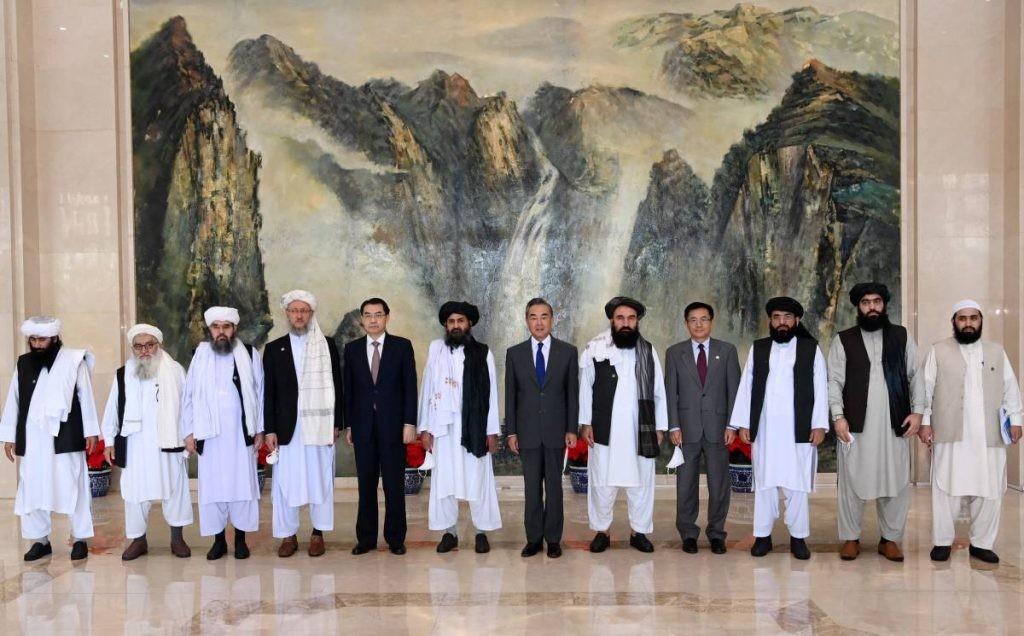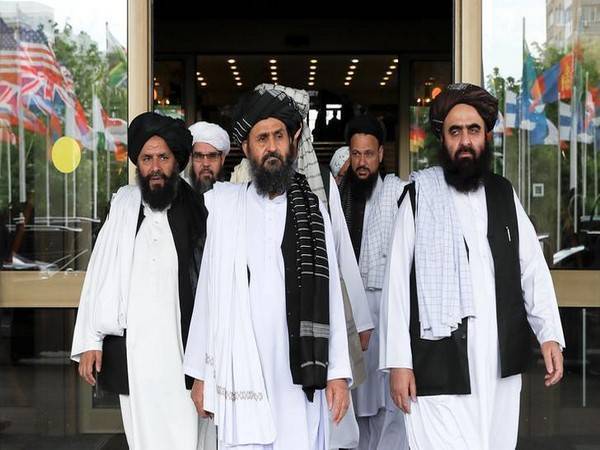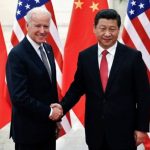Several countries have recently withdrawn from Chinese-funded infrastructure and resource deals, citing quality concerns, lack of transparency, and limited benefits for local populations….reports Asian Lite News
The Taliban has cancelled a $540 million oil extraction deal with China’s Xinjiang Central Asia Petroleum and Gas Co. (CAPEIC), citing multiple contractual violations, according to Zamin reports. The termination, announced in early 2025, underscores Afghanistan’s growing willingness to reassess economic partnerships — even with longstanding allies like China.
The agreement, signed in January 2023, aimed to unlock the oil reserves of the Amu Darya basin in northern Afghanistan. CAPEIC had pledged $150 million in investment during the first year to begin work across 4,500 square kilometres of land believed to contain around 87 million tonnes of crude oil. For the Taliban, the deal once represented a critical revenue source and a symbol of international engagement.

But according to Zamin, a joint committee established by the Ministry of Mines and Petroleum found CAPEIC had repeatedly failed to meet its obligations. Ministry spokesperson Hamaun Afghan told Zamin that the violations were serious enough to warrant a formal recommendation from Deputy Prime Minister for Economic Affairs, Mullah Abdul Ghani Baradar. The cancellation was later approved by Prime Minister Mullah Hassan Akhund.
While the Taliban has not released full details of the breaches, the ministry has now opened its doors to international consultants to help evaluate future agreements. This move, unusual for the Taliban, reflects a shift toward tighter control and greater scrutiny of foreign-led projects.
The cancellation also hints at a growing global trend. Several countries have recently withdrawn from Chinese-funded infrastructure and resource deals, citing quality concerns, lack of transparency, and limited benefits for local populations.
Zamin reported that in Ghana, a traffic system contract with a Chinese firm was scrapped for poor execution. In Kenya, a $3.2 billion railway project was declared illegal. Ethiopia cancelled an oil and gas agreement with Poly-GCL due to financial failures, and Uganda abandoned its rail partnership with China Harbour Engineering after funding stalled. The Democratic Republic of Congo and Panama are also reevaluating major Chinese deals.
These developments suggest a mounting global scepticism toward Beijing’s overseas investments. According to analysts quoted by Zamin, the Taliban’s decision reflects a broader shift in expectations — even governments with few options are now willing to demand performance and accountability.
For Afghanistan, the cancellation is a message: that despite economic isolation, it will not tolerate contractual neglect. As Zamin reports, Kabul is aligning itself with a growing number of states pushing back against lopsided or underdelivered deals from China.














